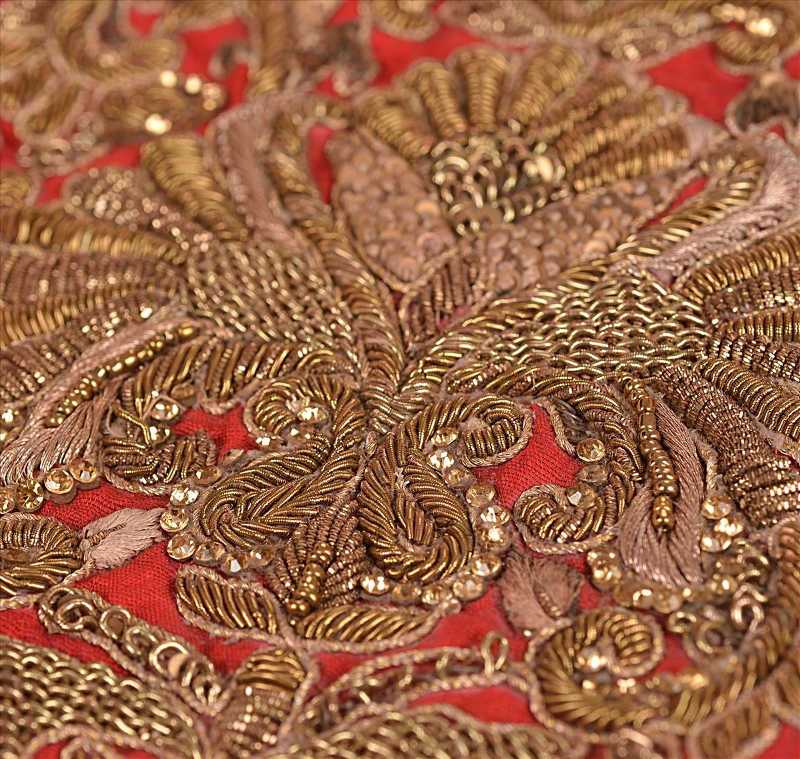===
0775,
5
===

=== |
 |
mihr : 'Love, affection, friendship, kindness, favour; mercy, pity, sympathy, feeling; —prosperity'. (Platts p.1099)
ġhaẓab : 'Anger, passion, wrath, rage, fury, vengeance; wrong, impropriety, injustice, oppression, outrage; violence, force, compulsion; —a curse, calamity, affliction, woe, a fearful thing, an awful event'. (Platts p.771)
FWP:
SETS == A,B; HUMOR; KYA
MOTIFS
NAMES
TERMS == IMPLICATION; THEMEThis ghazal is not included in SSA; for discussion, see {775,1}.
Oh, this verse is so adorable, it makes me laugh every time I read it. How could SRF not have included it in SSA? Of course, he did give it a very honorable review in the course of commenting on {544,6}, but to my mind it deserves more. As SRF notes, it is a limit case of pithiness or verbal economy [intihāʾī kifāyat-e alfāz̤], and works not by direct statement but by 'implication'.
When someone like her has a warm, mellow, favorable expression on her face-- uh oh, watch out! The speaker knows at once, with foreboding, how ominous a sign that is. So he hastens to ask her, anxiously and solicitously-- 'Has some disaster not happened?'. Something awful really must have occurred-- for what else could make someone like her look so happy? While showing nothing but extreme respect and concern, the speaker has nevertheless made it entirely (and delightfully) clear what kind of a person she is. For a verse with a similar range of possibilities, see
{58,6}.
There's also a pleasantly paranoid reading of {944,6} that captures the same sense of foreboding.
Alternatively, since this is an 'A,B' verse (in which we have to decide for ourselves how the two lines are connected), her expression might be not an effect, but a cause of the disaster. To see the almost unimaginable sight of a benevolent, favorable smile on her face-- well, it would be like seeing the noonday sun at midnight. It must have created all kinds of turmoil. Are her lovers fighting furiously among themselves for the chance to approach her? Are there waves of people collapsing, as more and more hearts are broken? God knows what other kinds of chaos there might also be! Naturally, the speaker is anxious, and asks her about the situation.
And let's not forget Ghalib's similarly ominous observation in
G{62,1}.
Note for grammar fans: What about the seemingly straightforward assertive or 'informative' [ḳhabariyah] reading in which the speaker would be both teasing her and jollying her along: 'Look, you are smiling-- you see, you can do it, nothing so awful happened because of it!'. This too would be an enjoyable reading, but what is bothersome is the hī . It's hard to see why he'd say 'you are smiling'-- rather than, if anything, 'you are smiling'. That's why the insha'iyah reading of the second line, with the implied kyā to turn it into a question, is necessary. Compare the ambiguities of Ghalib's use of the same ġhaẓab expression:
G{71,9}.